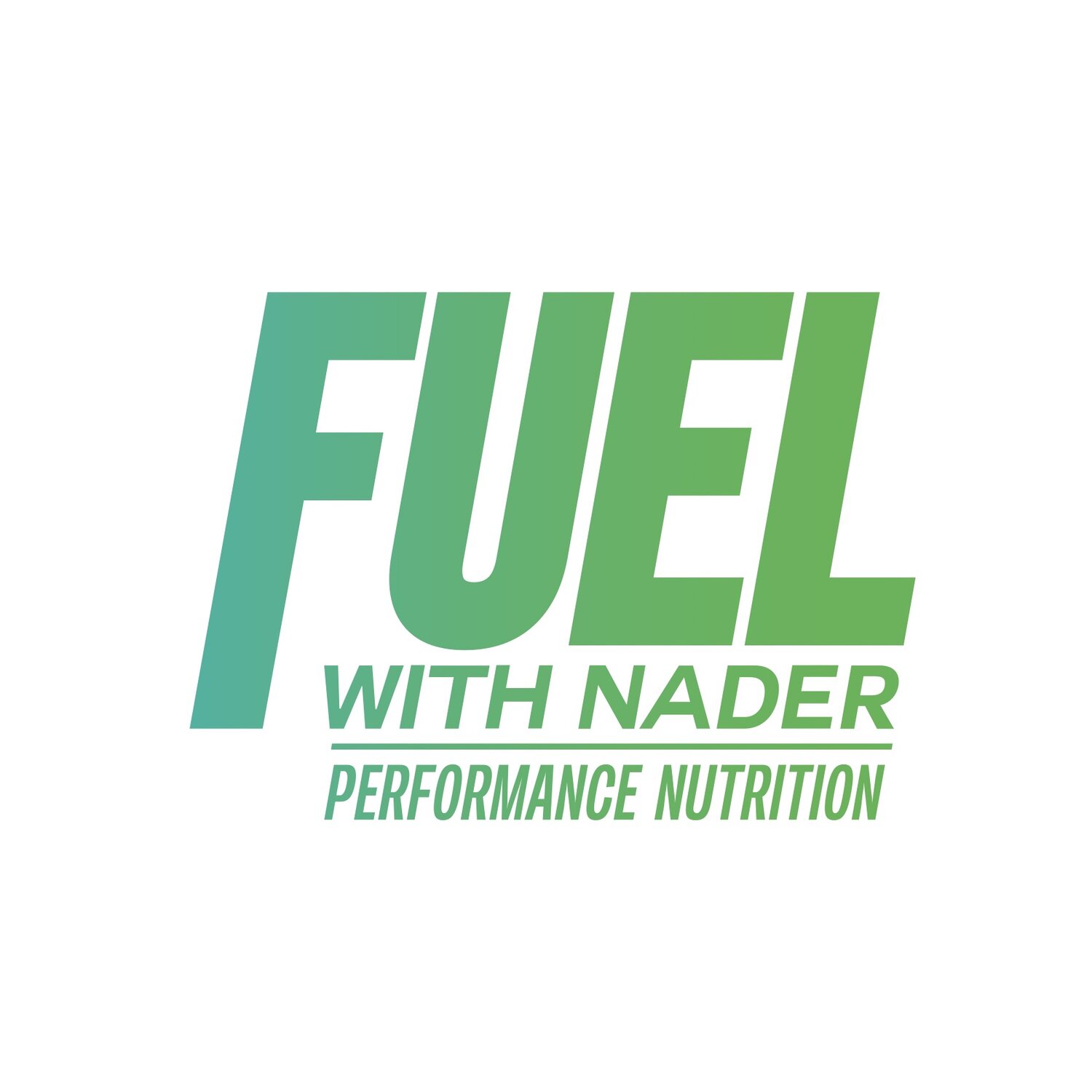Pros of Probiotics: The Low Down on Probiotics & Prebiotics
A hot topic right now is probiotics. What are probiotics? What are their benefits? Where can you get probiotics? Do probiotic supplements work? I've heard all these questions over the years and here I will answer these so you can start using your food as your fuel for probiotics.
What are Probiotics?
Probiotics are live bacteria that are good for your gut health, which aids in your digestive health. Good bacteria can be found in our body naturally, yet it can be eliminated by taking antibiotics. That is where probiotics step in and help reintroduce that good bacteria in your gut microbiome. Certain bacteria to look for within your food or supplements are
Lactobacillus - can help with diarrhea and found mainly in yogurt and other fermented foods.
Bifidobacterium - can help with irritable bowel syndrome (IBS) and mainly found in dairy products.
Saccharomyces boulardii - can help with most digestive issues and most diarrhea, a yeast found in probiotics.
What are the benefits of Probiotics?
Probiotics help move food through your gut and gain the most from your food. Research has shown that probiotics can help with many digestive health issues such as leaky gut syndrome, irritable bowel syndrome, antibiotic-related diarrhea and infectious diarrhea. Some have even gained benefits for skin conditions such as ezcema and even helping to prevent allergies and colds (perfect for this time of year!). Recent research has also shown that introduction of probiotics into your daily food intake has a significant positive impact on body weight, BMI, and body fat percentage. Other studies have found that use of probiotics can help lower blood pressure as well.
Where can you get your Probiotics?
There are many sources to get your probiotics. As always, I recommend getting your probiotics from your food over supplements. Foods rich in probiotics are:
- Yogurt - Greek or regular has the live bacteria you are looking for, as listed above. Personally I love Siggi's Greek yogurt for the added protein and the added fat in the 4% milk fat products.
- Kefir - fermented milk drink, containing lactic acid bacteria and yeast, making it different to yogurt with the yeast.
- Sauerkraut (V) - rich in vitamins and minerals such as Vitamin C, A, iron and magnesium, this fermented cabbage can double in its impact on your health. It is fermented using lactic acid bacteria.
- Tempeh (V) - this fermented soybean product is created with lactic acid bacteria and is also rich in vitamin B12 (mainly found in meat, so great source for vegetarians and vegans), iron and zinc.
- Kombucha (V) - this fermented tea has bacteria and yeast, yet little research suggests that kombucha is beneficial for digestive health compared to other products listed. But based on the fact that it has good bacteria, it can be helpful for sure.
Do Probiotic supplements work?
Because supplements are not regulated by a governing body and probiotics are live bacteria, I do not recommend supplements. But I understand for some supplements are the chosen route. If you do decide probiotic supplements, keep these things in mind, adapted from Consumer Health Report:
- Pick a trusted, tested source - make sure the product is tested and has the appropriate strain (listed above in types of bacteria) and high colony-forming units (CFU)
- Keep your probiotic supplement refrigerated, because they are live bacteria, they keep to be kept safe for consumption by staying refrigerated.
Types of certified sources by Consumer Health Report: BlueBiotics Ultimate Care, Florastor Probiotics, TruBiotics, Ultimate Flora Critical Care, and Align Probiotics. These products contain at least 2 of the 3 essential probiotics and they are designed to not die in the stomach by your stomach acid.
What is the difference between Probiotics vs Prebiotics?
Prebiotics are the fuel for probiotics, and are mainly beneficial when combined with probiotics. They are a type of fiber, so un-digestable plant fibers such as greens, garlic, onions, leeks, wheat flour, asparagus and bananas. The more prebiotics you consume, the more effective probiotics are in aiding in gut health.
Most everyone deals with some kind of digestive issue at some point in their life and as we live in a culture that is high in antibiotics, probiotics are a key part of fueling on a daily basis. Whether trying to stay healthy or improve athletic performance by eliminating GI issues, probiotics can benefit almost everyone. And remember every probiotics products does not work the same for the same individual. Some people find more benefit from yogurt [And for those who are lactose intolerant, yogurt and kefir is mostly tolerable for you, as they are free of the sugar, lactose], where as others find more benefit from sauerkraut.
Start trying to introduce a probiotic-rich food in once a week and start seeing the benefits, no matter your nutritional goals.
Resources:
- http://www.physiciansbriefing.com/Article.asp?AID=727812
- http://consumershealthreport.com/probiotic-supplements/bestprobiotics/
- https://sciencelife.uchospitals.edu/2014/11/25/do-probiotics-work/




